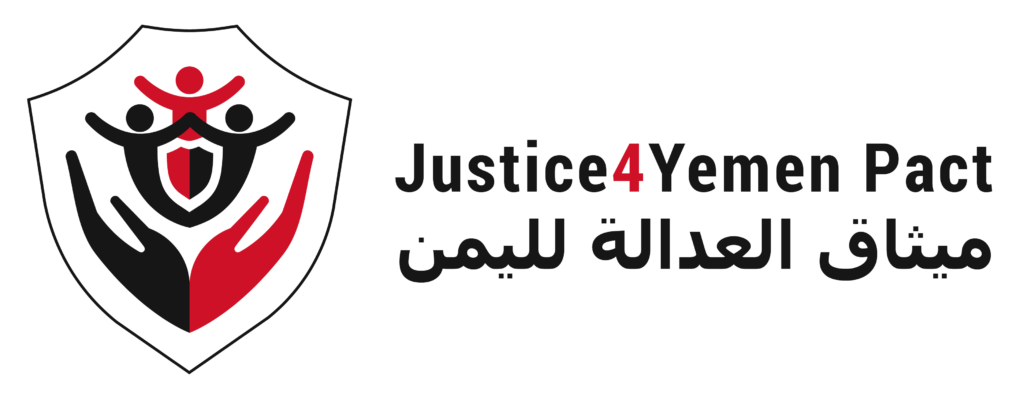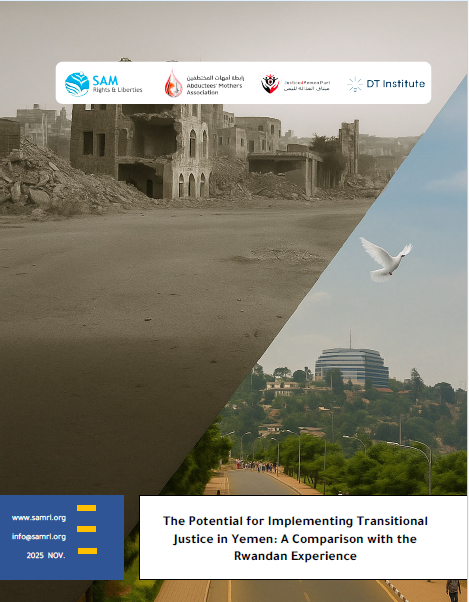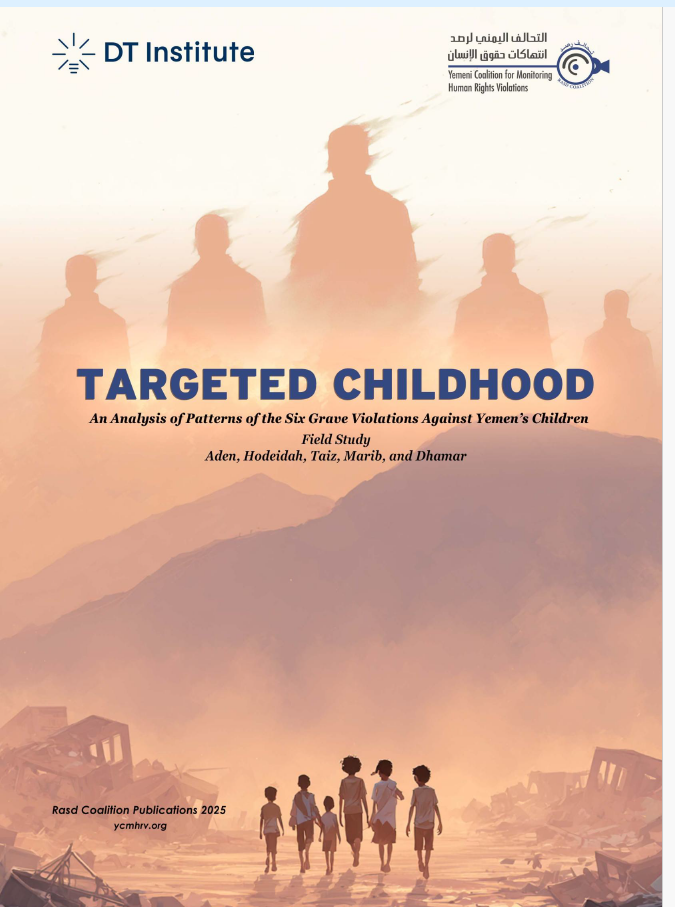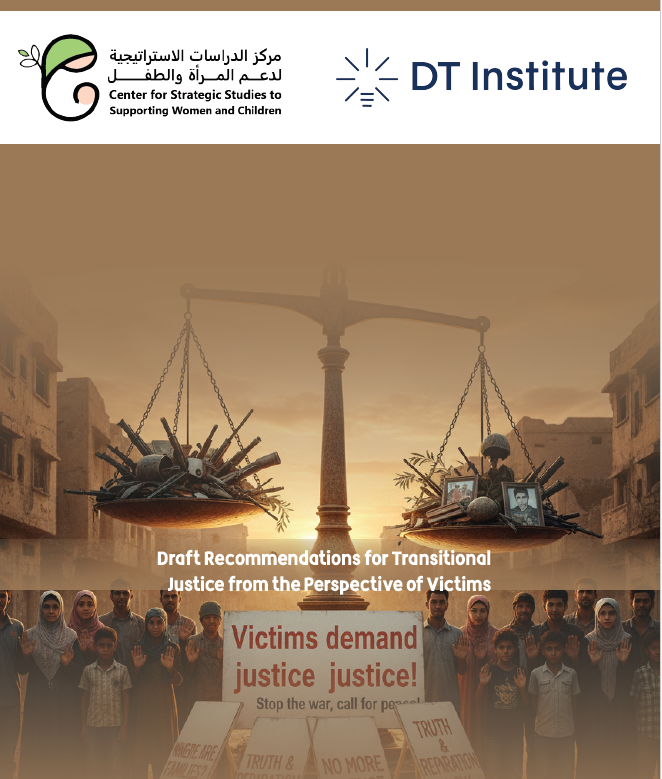For two harrowing years, Yemeni Journalist Ahmed Maher languished behind bars—beaten, tortured, and unjustly accused. But after relentless advocacy from the Justice 4 Yemen Pact (J4YP), local journalists’ rights organizations, and international stakeholders, Maher walked free on January 18, 2025. His acquittal on December 25, 2024 marks a rare victory for journalists in Yemen, where freedom of the press is increasingly under siege.
A Journalist’s Nightmare: Arrest, Torture, and a Coerced Confession
On August 6, 2022, Maher was arrested by the Dar Sa’ad police in Aden without a judicial order. For a month, he was held without charges, enduring brutal beatings, electrical shocks, and waterboarding. The torture left him physically scarred. Then, in a chilling attempt at public humiliation, authorities released a video of Maher delivering a confession—one that many believe was forced under duress.
Eventually transferred to Bir Ahmed prison, Maher faced dubious charges of “publishing false and misleading news intended to disrupt peace and security.” However, his trial took a disturbing turn when authorities grouped him with defendants accused of bombing the Dar Sa’ad police station. Meanwhile, actors affiliated with the Southern Transitional Council (STC) fueled rumors of terrorism-related charges, further muddying the legal process.
Through 17 drawn-out court sessions with the Specialized Criminal Court, Maher appeared only twice. The court also disregarded directives issued by multiple judicial authorities to expedite the case. Maher’s arbitrary detention continued drag on throughout the two years, riddled with delays, postponements, and numerous legal violations.
J4YP’s Relentless Advocacy for Maher’s Freedom
From the moment of his arrest, J4YP took up Maher’s case. In July 2023, the coalition published a damning brief, exposing the legal absurdities surrounding Maher’s detention. The report laid out the facts and details of Maher’s case, using open-source evidence to show public statements made by the Southern Transitional Council (STC), which suggest that Maher was targeted because of his journalism and political views. The brief also engaged in a thorough analysis of international legal frameworks to demonstrate the ways in which Maher’s arrest and detention violates international laws and covenants to which Yemen has acceded.
By informing the public, the Coalition sought to amplify Maher’s voice in direct opposition to the court’s continued and willful ignorance towards Maher. As months turned into years, J4YP ramped up its advocacy, issuing statements each time Maher’s trial was postponed or his conditions worsened. The coalition amplified his voice when he launched a hunger strike, and when his lawyer was arrested, they ensured the international community took notice.
J4YP’s Advocacy in the Ongoing Fight for Press Freedom
In Maher’s own words, “I am a journalist with nothing but my pen, while they control the entire state.”1 Maher’s case is not an isolated —it is a symptom of a broader crisis. As highlighted in the informational brief published by the Coalition last year, the unclear nature of Maher’s charges and the mention of terrorism-related offenses indicates that he was charged retaliation for his journalism and political views. Across Yemen, hundreds of journalists face arbitrary arrests, enforced disappearances, and fabricated charges.
Arbitrary arrests, enforced disappearances, and fabricated charges are common tactics that are routinely weaponized by the conflict parties in Yemen to silence journalists. The J4YP Coalition has repeated documented these patterns, in Aden, and throughout Yemen, under their DTI program grants– the Yemen Human Rights Forensic Lab + (YHRFL+), Supporting Awareness, Facilitating Enforcement of Children’s Rights in the Yemeni Conflict (SAFE), and Supporting Peace in Yemen through Accountability, Reconciliation, and Knowledge-Sharing (SPARK) programs.
Their research has exposed how specialized criminal courts, lacking even the most basic standards of justice, are routinely used to prosecute journalists. A recent J4YP report, “Human Rights Violations in Aden: Bleak Conditions for Activists and Journalists,” details this systemic repression. It provides a bleak picture of journalism in Aden, in which journalists face violent repression and risk death for pursuing their careers and reporting on the news.
In response to the Aden report’s findings, J4YP’s partner, the Free Media Center for Investigative Journalism, pushed for legal reforms, including meetings with the Attorney General in Aden. Their advocacy aims to ensure that journalists’ cases are handled through appropriate legal channels, rather than being swept into politically motivated prosecutions. Free Media also met with nine other law enforcement agencies to coordinate legal support for victims and their families and push for legal reform.
Beyond reports and legal challenges, J4YP will continue to take direct action—meeting with law enforcement agencies and offering legal aid to those under threat. These efforts underscore the coalition’s commitment to both individual cases and the broader fight for press freedom.
The Fight Continues
Ahmed Maher may be free, but the war on Yemeni journalists rages on. His release does not erase the violations he endured, nor does it guarantee that others won’t suffer the same fate. As crackdowns on press freedom intensify, the J4YP Coalition remains resolute: it will continue to fight, expose abuses, and demand justice for every journalist silenced by repression. The battle is far from over—but victories like Maher’s prove that relentless advocacy can make a difference.





